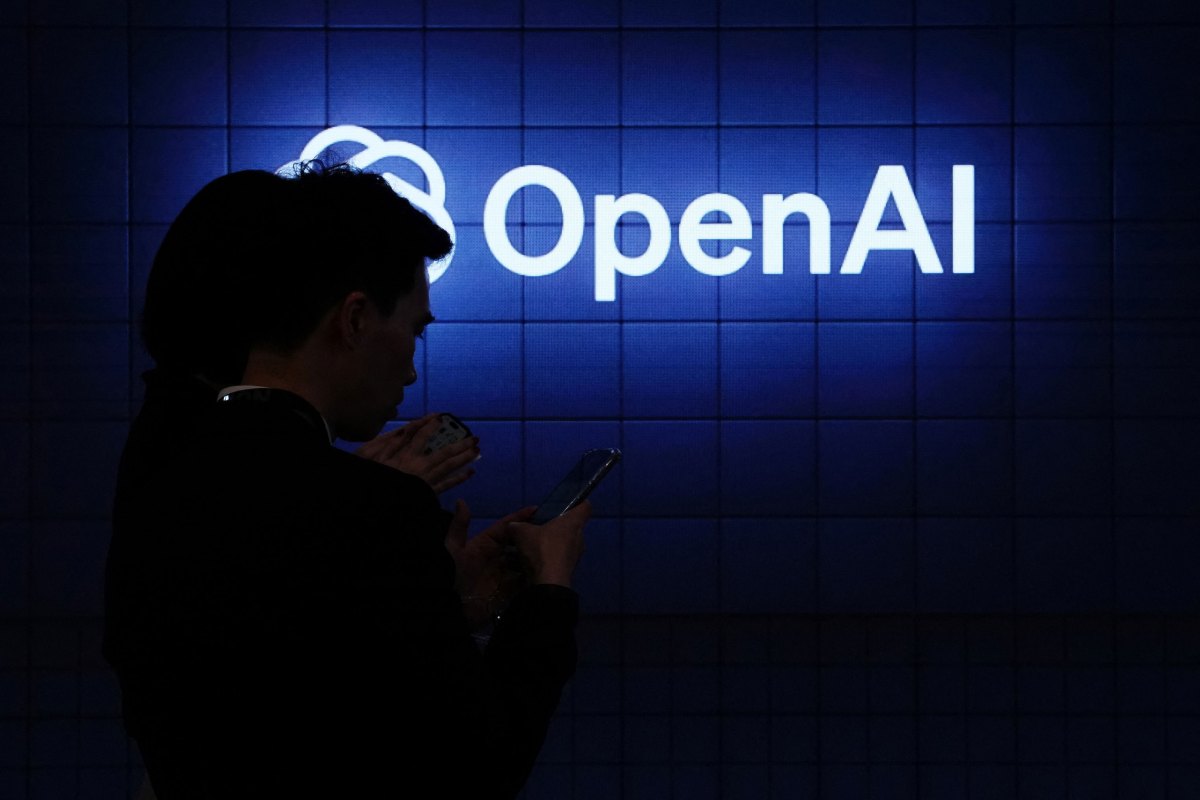A lawsuit by the world’s wealthiest man against one of the fastest growing companies of all time is necessarily interesting stuff. But while the allegations are yet to be proven, the case has already exposed a batch of emails between Elon Musk, Sam Altman, and others during OpenAI’s early days. Here are a few of […]
© 2024 TechCrunch. All rights reserved. For personal use only.
A lawsuit by the world’s wealthiest man against one of the fastest growing companies of all time is necessarily interesting stuff. But while the allegations are yet to be proven, the case has already exposed a batch of emails between Elon Musk, Sam Altman, and others during OpenAI’s early days. Here are a few of the more interesting snippets we found while perusing their correspondence.
Bear in mind that these emails were exposed as part of an attempt to prove OpenAI is somehow breaking antitrust law (a frankly implausible allegation). Musk is also revealing to some extent his feeling of betrayal when OpenAI abandoned its original vision of being a nonprofit with the Tesla CEO as its leader.
They do not tell the whole story, but they are still interesting in their own right.
Perhaps the most interesting single email is former chief scientist Ilya Sutskever explaining the team’s qualms with Musk as leader of the company:
The current structure provides you with a path where you end up with unilateral absolute control over the AGI [artificial general intelligence]. You stated that you don’t want to control the final AGI, but during this negotiation, you’ve shown to us that absolute control is extremely important to you.
As an example, you said that you needed to be CEO of the new company so that everyone will know that you are the one who is in charge, even though you also stated that you hate being CEO and would much rather not be CEO.
Thus, we are concerned that as the company makes genuine progress towards AGI, you will choose to retain your absolute control of the company despite current intent to the contrary.
The goal of OpenAI is to make the future good and to avoid an AGI dictatorship. You are concerned that Demis [Hassabis, at Google-owned DeepMind] could create an AGI dictatorship. So do we. So it is a bad idea to create a structure where you could become a dictator if you chose to, especially given that we can create some other structure that avoids this possibility.
This isn’t entirely about corporate control; Sutskever is worried about an existential AI threat being created with only one person in the way.
Sutskever also voices worries about Altman, using words much like the board would later use while accusing him of not being “consistently candid”:
We haven’t been able to fully trust your judgements throughout this process, because we don’t understand your cost function.
We don’t understand why the CEO title is so important to you. Your stated reasons have changed, and it’s hard to really understand what’s driving it.
Is AGI truly your primary motivation? How does it connect to your political goals?
Given the way things have played out and Altman’s steering of the company toward a much more traditional enterprise SaaS position, it seems like his goal was more business than philosophy.
One interesting tidbit is that as early as 2017, OpenAI was seriously considering buying chipmaker Cerebras, or somehow merging with it, potentially using Tesla’s resources somehow. As Sutskever puts it:
In the event we decide to buy Cerebras, my strong sense is that it’ll be done through Tesla.
They ended up not going through with it, though the reason why is not in these emails.
This, by the way, was back when Musk was angling to have OpenAI be just one of his many properties, and the leaders were open to that possibility. As OpenAI co-founder Andrej Karpathy wrote:
The most promising option I can think of, as I mentioned earlier, would be for OpenAI to attach to Tesla as its cash cow. […] If we do this really well, the transportation industry is large enough that we could increase Tesla’s market cap to high O(~100K), and use that revenue to fund the AI work at the appropriate scale.
Again, this didn’t happen for a lot of reasons that seem clear in hindsight. Tesla’s market cap did in fact increase, but the self-driving side of things — which Karpathy aimed to accelerate later when he took a job at Tesla — proved harder than expected, and has not yet contributed meaningfully to Tesla’s revenue.
As far as making money, Microsoft was in the mix from as early as 2016, offering OpenAI $60 million worth of compute on Azure in exchange for, among other things, the companies “evangelizing” one another. No one seemed into this kind of corporate back-scratching, and Musk wrote that it made him “nauseous.”
They ultimately ended up paying far more but with no obligation on either side. “Would be worth way more than $50M not to seem like Microsoft’s marketing bitch,” wrote Musk.
Lastly, a minor nugget mentioned by board member Shivon Zilis (who would later become mother to three of Musk’s children): Valve founder Gabe Newell was, in addition to being a donator to the project in the early days, on Altman and Greg Brockman’s “informal advisory board.” It’s unclear what role he had or has in the day-to-day there. I’ve asked Newell for comment.

Leave a Reply